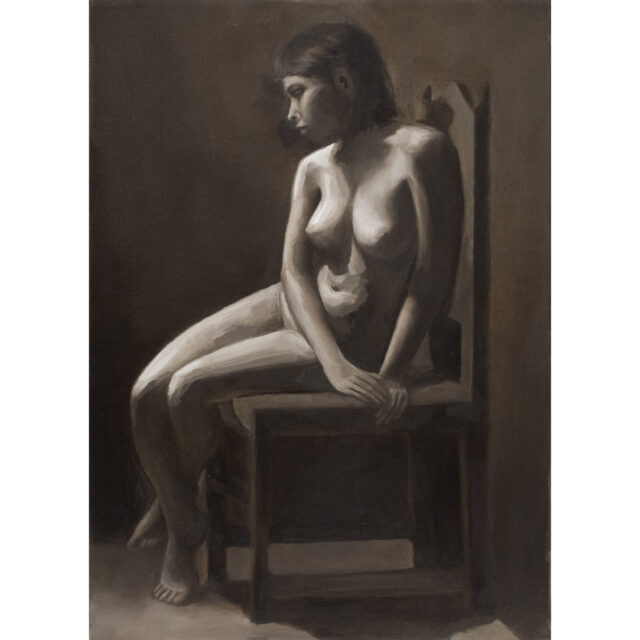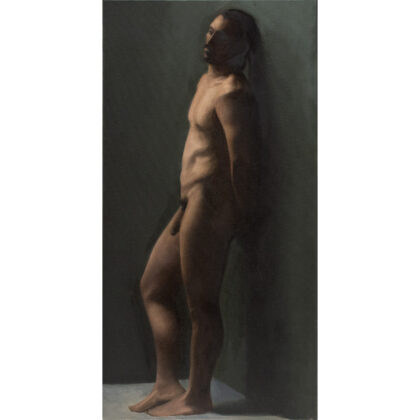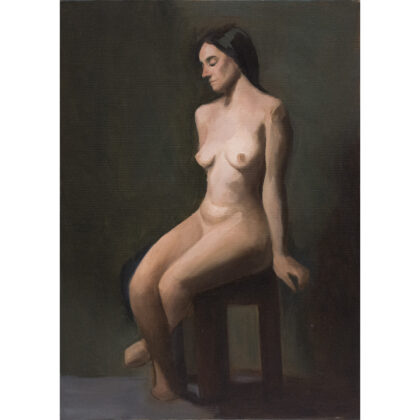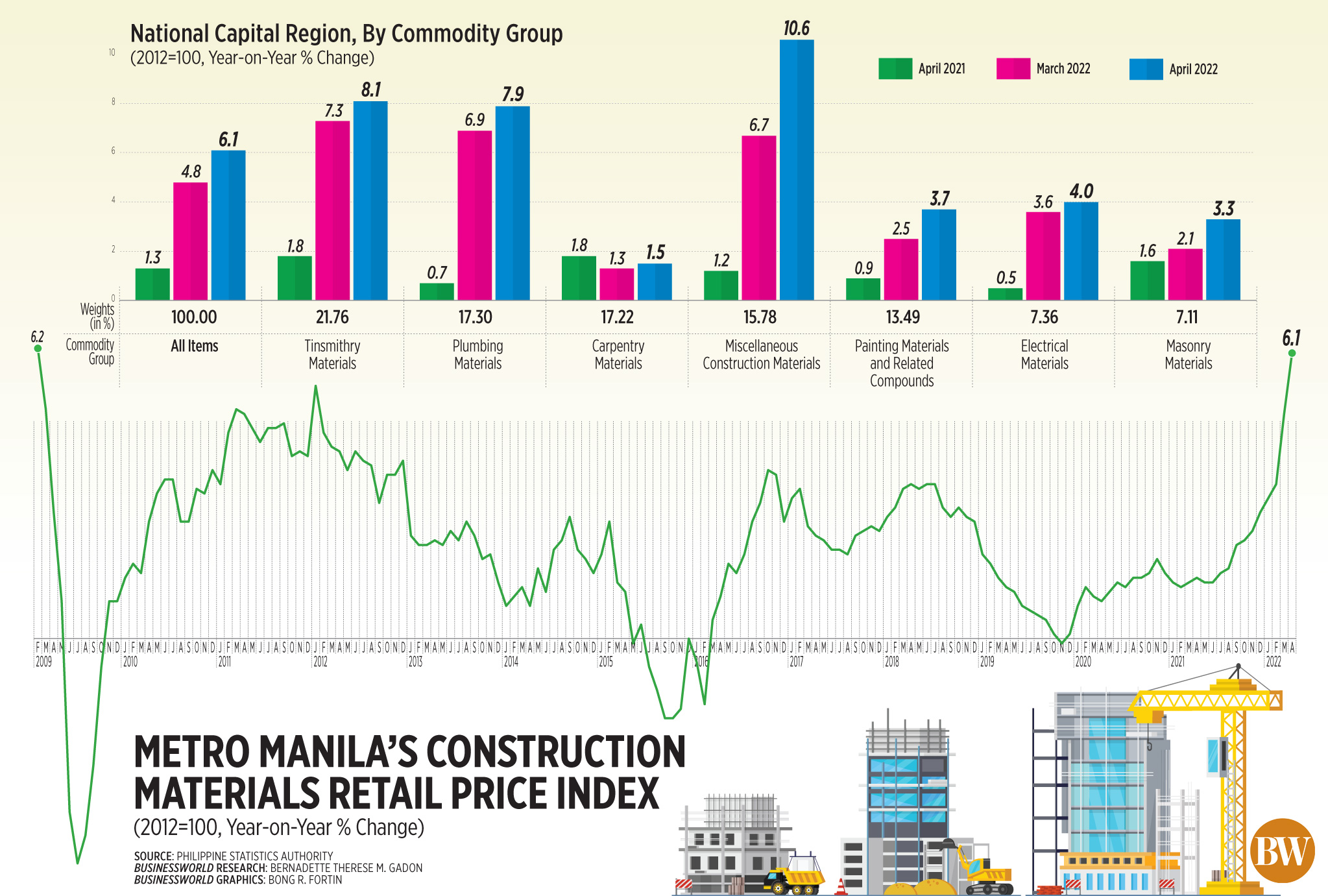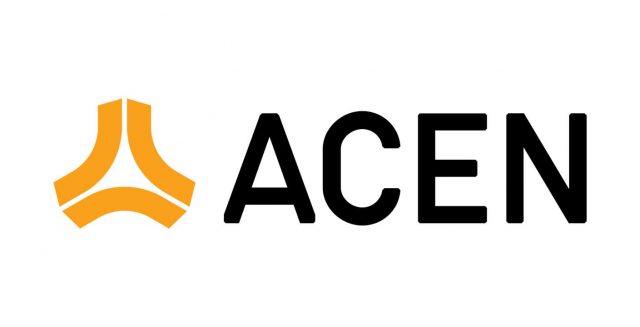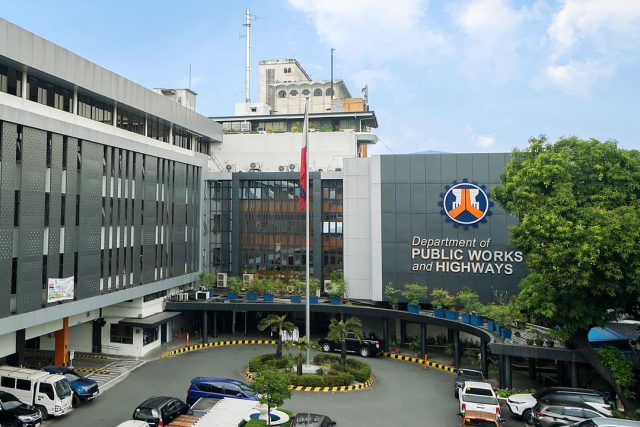Stephanie Honrado’s images of everyday objects
FOLLOWING her first solo exhibition “Come Stai?” (How are you?) in June 2020, and her participation in the Art Fair Philippines group show “Headspace,” Florence-based contemporary artist Stephanie Honrado returns this month to Salcedo Private View with the exhibition, “Ode to the Ordinary”.
Ms. Honrado was first exposed to Florence’s classical art when she visited in 2010. In 2019, she traded a career in finance for the paintbrush. Ms. Honrado is currently on her third year at the Angel Academy of Art in Florence, Italy. The Academy reopened in September 2020 under very stringent COVID-19 protocols.
“Ode to the Ordinary” shows Ms. Honrado continuing in her creative journey to capture the innate beauty of ordinary things in her adoptive hometown of Florence.
“Classical painting embodies a structured method for transcribing images to canvas. Only consistent practice helps a student to progress effectively and efficiently in learning to paint in the classical way. In my experience, the tenets of the classical method became more clearly interconnected and practical as I moved from one project to another in the Academy. Over time, the lessons made better sense and became more practicable for me,” Ms. Honrado told BusinessWorld in an e-mail.
Ms. Honrado finds beauty in the ordinary in creating variations on the same subject.
The Scarf series tackles a subject she started painting in 2017 and continues in this show. Set against a weathered backdrop, the scarves were painted in varying primary colors to further emphasize their stationary positions.
“The three scarves are my personal wardrobe staples. I find in them practical applications for lessons on hue, value and chroma learned from the Academy. This series embodies the deliberate rendering of simple, functional objects for a visual experience in form, color, and texture,” Ms. Honrado said.
Meanwhile, the Sky series paintings depict cloud formations that the artist observed daily from her preferred spot in the Basilica di Santa Chiara, which is renowned for being the oldest standing church in the Gothic-Italian style in Assisi. “Cloud formations are visually entertaining. To enjoy them means looking up and away from my own busy-ness and [taking] a literal break from the humdrum of [everyday life],” Ms. Honrado said, adding that she enjoys “the fleeting and challenging yet comforting nature of clouds.”
Aside from the Scarf and Skies series, Ms. Honrado showcases nude paintings which she worked on for her figure painting classes.
“In these classes, we work to get better and faster at progressing from the underdrawing to underpainting to full color rendering stages of a painting,” Ms. Honrado said.
The nude studies, the artist explained, are all works in progress and present everything she learned so far in art school. While studying, she realized that “one is not born an artist, one becomes an artist.”
“This process of becoming requires intentional focus and repeated decisions to work well; to work with courage even when the learning is difficult and slow, or challenged by mistakes,” she said.
“Effective painting undoubtedly requires a good understanding of where and how any subject is situated or represented in space,” Ms. Honrado said. “However, painting the nude also requires a working understanding of anatomy, especially the arrangement of bones and muscles and how they facilitate motion as described by the model’s pose.”
Ms. Honrado is currently in Manila working on personal projects. She is also preparing for more challenging projects in time for her upcoming final year at the Academy in September.
“Ode to the Ordinary” by Stephanie Honrado is on view until July 22 at Salcedo Auctions, NEX Tower, 6786 Ayala Ave., Makati City. For inquiries, e-mail info@salcedoauctions.com or contact 8823-0956, 0917-107-5581. — Michelle Anne P. Soliman

